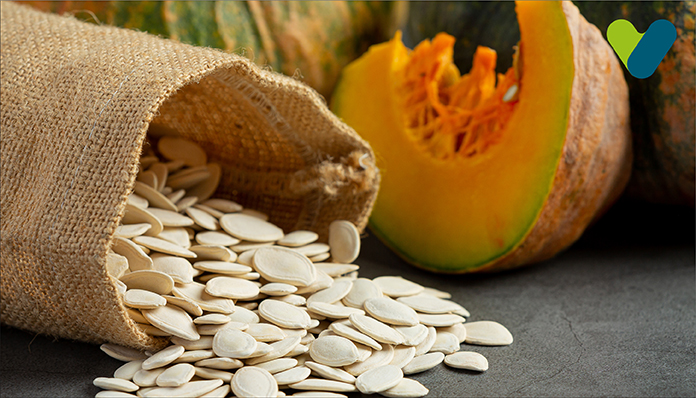Heart health - although it is relevant to men and women alike - is an increasingly significant topic in women's health discussions today. And this is necessary too, because popular culture has somehow managed to make it look like heart attacks affect men for the most part. Insurance advertisements often picture a harrowed wife after her husband suffers a heart attack; in movies and entertainment series' it is usually men who are depicted as having heart attacks.
However, statistics show that as many as 20% of women's deaths in India are from heart attacks, whereas the number for men stands at over 20%. Sure, a higher number of men die from heart attacks, but as you can see women are nearly just as susceptible.
In this post, you'll get a basic handle on heart health for women.
Risk factors
This is the unfair part. Although the most commonly known risk factors like cholesterol, high blood pressure and obesity affect heart health in both genders, women have a much longer list of risk factors.Like I said: unfair! But also true and therefore women must know the risk factors and address this risk. As you will agree, heart attack prevention is better than any attempted fixes.
- Diabetes: The risk of heart disease is higher for women with diabetes than for men with diabetes.
- Anxiety, depression and stress: Women suffering from poor mental health are more likely to have ailing hearts than their male counterparts with the same issues.
- Smoking: Women smokers are more likely to have heart disease than smokers. (Yep. Those moral police just got 500 points against us).
- Pregnancy complications: High blood pressure or gestational diabetes during pregnancy can result in these complications rearing their ugly heads later on in life as well. And as we already know, these diseases put one at risk for heart disease.
- Menopause: We did say it was doubly unfair. Low levels of estrogen in the menopausal phase might contribute to heart disease.
- Breast cancer radiation: Like the proverbial icing on a deadly cake, some chemotherapy medications and radiation employed in treating breast cancer, could put the woman suffering such treatments at risk for heart disease, in addition to everything else.
What exactly is heart disease?
All types of heart issues stem from coronary artery disease. Let's make this easier with an analogy. Imaginine water flowing through the drainage outlet below your sink. Now imagine dumping lots of gunk into the sink - from plates, mugs, while washing fruits, vegetables and meats etc. The said gunk gets stuck to the walls of the drain and eventually, water does not flow out of the sink, right? The drains are clogged.In the same way your arteries feed and drain (well actually, distribute) blood from your heart. You already know this is a continuous process, essential for survival etc, so we're not going to state the obvious.
Now these arteries can either get blocked or damaged thanks to the development of plaque which comes from high levels of bad cholesterol.
What happens then?
Well, chest pain comes first.
- If ignored, a heart attack might follow.
- Breathlessness on exertion might go along with coronary artery disease
- Heart failure is a very real danger
- Heart rhythm issues - that's why regular cardiac monitoring is important after a heart attack.
How to prevent heart disease
Well, mindset first. As women, we are psychologically brainwashed - from childhood - into putting our own needs last. Self-care and wellness for women might be branded as selfish or high maintenance. Worse, any diet and nutrition restrictions - even heart healthy diets - are often shamed and blamed on vanity in many Indian families.Look at it this way (and perhaps also argue it this way): that ailing senior, the kids, your spouse, your job and your home all really need you and depend on you. To be there for them, you must make sure you don't die.
That said, get into a heart health oriented self care routine
Heart healthy diet:
Consume foods that are good for the heart and avoid foods that are bad for the heart. Although a discussion on the best foods for the heart should be and independent exercise because it is a lengthy discussion, here are some pointers, as promisedFood that is good for heart patients (or for those looking to avoid becoming heart patients) is typically low in added sugars as well as low on sodium.
A healthy heart diet should always include
- Lots of fresh fruits and vegetables
- Lean meat and chicken without the skin (bye bye, crispy chicken wings; hello chicken steak)
- Fish rich in omega 3 fatty acids are good for you.
- Whole grains over processed grains anyday
- Go for either fat free dairy products or at least low fat options. No more buttery this and makhani that.
- Snack on low fat, low cholesterol, low GI foods, like peanuts (without salt and masala, please)


